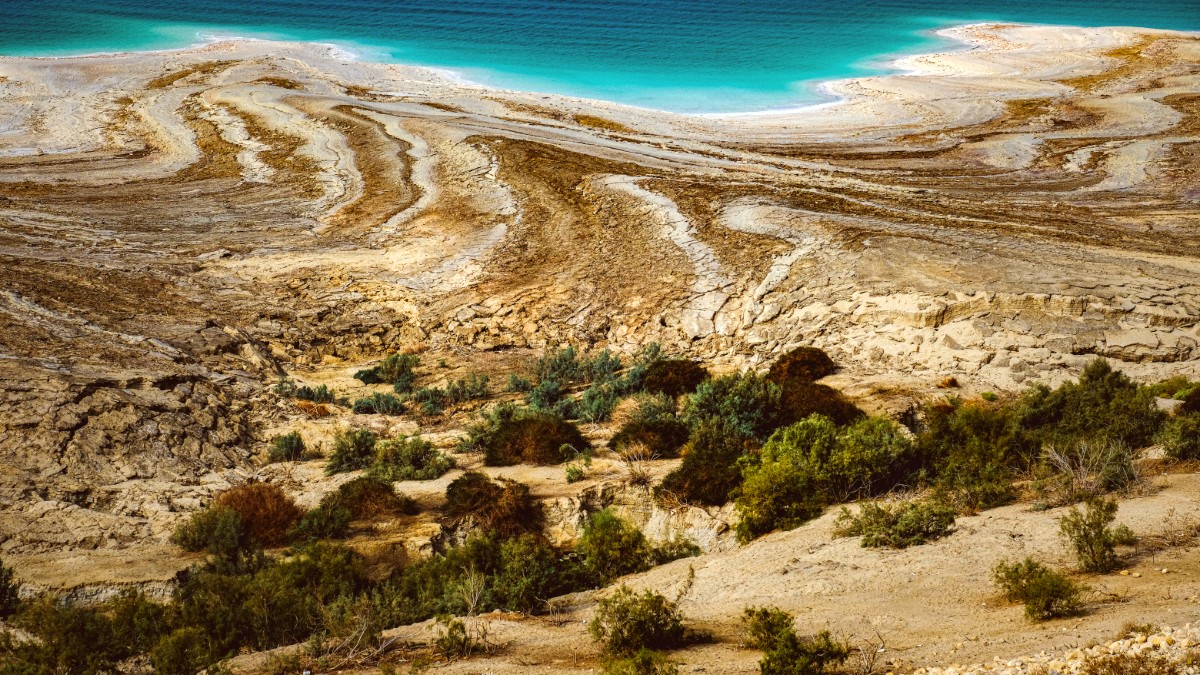
The region experiences a desert climate, bringing hot, dry summers and mild, pleasant winters.
Climate Patterns Throughout the Year: * Summer (June-August): Expect extremely high temperatures, frequently exceeding 37°C (99°F) and often reaching 40-45°C (104-113°F). Nighttime temperatures remain warm. Rainfall is non-existent. * Autumn (September-November): Temperatures gradually decrease to a pleasant 20-28°C (68-82°F) in November. Nights become cooler. * Winter (December-February): Enjoy mild and pleasant conditions, with average daytime temperatures between 15-25°C (59-77°F). Nighttime temperatures can drop. This season sees some rainfall. * Spring (March-May): This period offers very pleasant weather, ideal for outdoor exploration. Precipitation is minimal.
High Season (Spring: March-May; Autumn: September-November): Weather is comfortable for all activities. Expect more visitors and higher prices, especially during holidays. Shoulder Season (Late February, Early June, Late August, Early December): Often good weather with fewer visitors than peak times. Prices are generally better. Weather can be unpredictable. Low Season (Summer: June-August; Mid-Winter: January-February): The lowest prices for accommodation and tours. Fewer tourists. Summer heat can be oppressive. Winter may bring rainy days and cooler water.
High temperatures limit outdoor activities.
Lowest prices, fewest tourists.
Oppressive heat, limiting outdoor time.
Good weather, fewer crowds, better prices.
Balanced conditions, fewer people.
Weather sometimes unpredictable.
Comfortable daytime temperatures for outdoor exploration.
Mild, pleasant conditions for activity.
Some rainy days, cooler water.
Many nationalities, including citizens of the US, Canada, and most European countries, receive a free B/2 tourist visa on arrival, valid for up to 90 days. Other nationalities may obtain a visa in advance from an Israeli embassy or consulate.
Many nationalities obtain a visa on arrival at Queen Alia International Airport (AMM) or certain land border crossings. Some nationalities require a visa in advance. The Jordan Pass is a beneficial option, waiving visa fees for eligible nationalities if purchased before arrival and with a minimum 3-night stay.
Six months validity beyond departure date.
Proof of travel plans.
Demonstration of financial means.
Confirmation of stay.
Retain blue card as proof of entry.
Prices vary significantly between the Israeli and Jordanian sides, and based on your chosen comfort level. Planning your budget supports financial ease during your trip.
The currency is the New Israeli Shekel (ILS or NIS). Banknotes: 20, 50, 100, 200 NIS. Coins: 10 agorot, ½, 1, 2, 5, 10 NIS.
The currency is the Jordanian Dinar (JOD). Banknotes: 1, 5, 10, 20, 50 JOD. Coins: ½, 1 Qirsh/Piaster, 5, 10 Piaster, ¼, ½ Dinar.
Tipping culture differs between Israel and Jordan. These guidelines offer clarity for appropriate gratuity.
The Dead Sea region is generally safe for visitors. Certain environmental and local conditions call for specific precautions to ensure a healthy and secure journey.
Hepatitis A, Typhoid. Routine shots up-to-date.
Bandages, antiseptic, pain relievers, anti-diarrhea medication.
Sufficient supply in original containers with doctor's notes.
Know Emergency Numbers:
Israel: Police: 100, Ambulance: 101, Fire: 102.
Jordan: Unified Emergency (Police, Ambulance, Fire): 911.
Keep embassy/consulate contact details readily available.
Bottled water is widely preferred and recommended for travelers in both Israel and Jordan, especially in the Dead Sea region.
Good in established restaurants. For street food, choose vendors with high turnover and visible cooking processes.
Frequent hand washing, especially before eating, safeguards your health.
The Dead Sea region is generally safe for visitors. Staying informed and observing warnings supports a smooth visit.
Use high SPF sunscreen, wear wide-brimmed hats, UV-protective clothing, and sunglasses. Limit exposure during peak hours (10 AM - 4 PM).
Avoid getting Dead Sea water in your eyes, mouth, or open wounds. Rinse thoroughly with fresh water after floating. Do not shave for 24 hours prior.
The Dead Sea floor has rocky, slippery areas with sharp salt crystals. Wear Water shoes when entering the water.